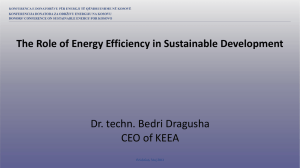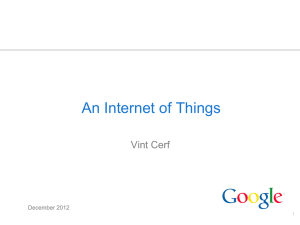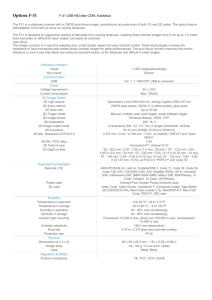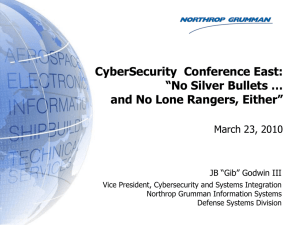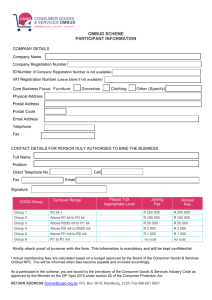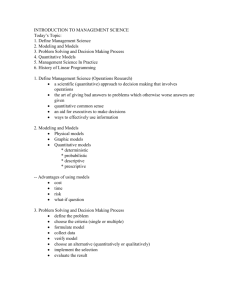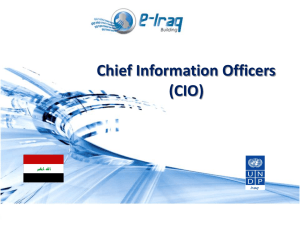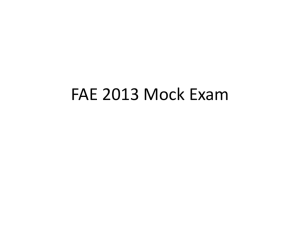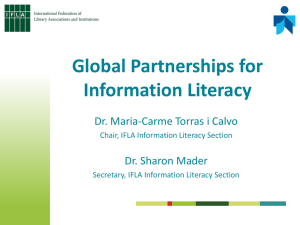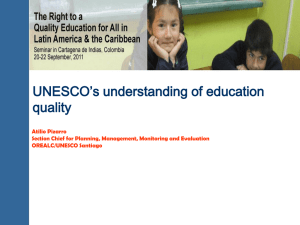Main Policy Lines in education and training December 2013
advertisement
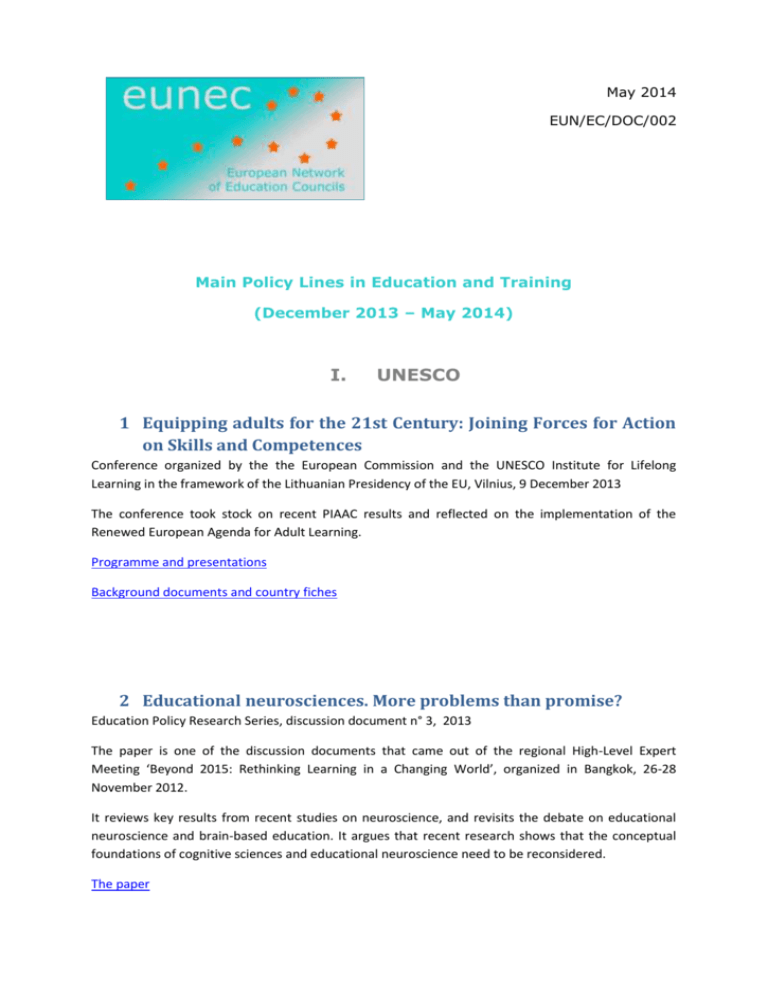
May 2014 EUN/EC/DOC/002 Main Policy Lines in Education and Training (December 2013 – May 2014) I. UNESCO 1 Equipping adults for the 21st Century: Joining Forces for Action on Skills and Competences Conference organized by the the European Commission and the UNESCO Institute for Lifelong Learning in the framework of the Lithuanian Presidency of the EU, Vilnius, 9 December 2013 The conference took stock on recent PIAAC results and reflected on the implementation of the Renewed European Agenda for Adult Learning. Programme and presentations Background documents and country fiches 2 Educational neurosciences. More problems than promise? Education Policy Research Series, discussion document n° 3, 2013 The paper is one of the discussion documents that came out of the regional High-Level Expert Meeting ‘Beyond 2015: Rethinking Learning in a Changing World’, organized in Bangkok, 26-28 November 2012. It reviews key results from recent studies on neuroscience, and revisits the debate on educational neuroscience and brain-based education. It argues that recent research shows that the conceptual foundations of cognitive sciences and educational neuroscience need to be reconsidered. The paper 3 Media Information and Literacy Policy and Strategy Guidelines Media and Information Literacy (MIL) is a basis for enhancing access to information and knowledge, freedom of expression, and quality education. It describes skills, and attitudes that are needed to value the functions of media and other information providers, including those on the Internet, in societies and to find, evaluate and produce information and media content. The challenge today is to develop policies that balance two somewhat conflicting goals: maximizing the potential of media and new information technologies and minimizing the risks they entail. This is a challenge facing many different actors: policy makers, media companies, internet content providers, the schools, the research community, a range of civil society organizations, as well as young people, their parents and other adults. This publication treats MIL as a composite concept, unifying information literacy and media literacy as well as considering the right to freedom of expression and access to information through ICTs. Part 1 of the publication is the MIL Policy Brief, and is designed for policy or decision makers and can serve as a summary of the publication. http://unesdoc.unesco.org/images/0022/002256/225606e.pdf This resource is a part of a comprehensive MIL Toolkit being developed by UNESCO and partners. The full MIL Toolkit includes the MIL Curriculum for Teachers, the Global MIL Assessment Framework, Guidelines for Broadcasters to Promote MIL and model online MIL and intercultural dialogue courses. http://www.unesco.org/new/en/communication-and-information/media-development/medialiteracy/mil-as-composite-concept/ 4 Teaching and Learning: Achieving quality for all Education for All Global Monitoring Report 2013-2014 This EFA Global Monitoring Report provides an update on progress that countries are making towards the global education goals for 2015 that were agreed in 2000. With less than two years left before 2015, this report makes clear that no single goal will be achieved globally by 2015. UNESCO urges countries to accelerate progress in the final stage, and to put in place a robust post2015 education framework to tackle unfinished business while addressing new challenges. The report is divided into three parts. - Part 1: update of progress towards the six EFA goals Part 2: evidence that progress in education is vital for achieving development goals after 2015 Part 3: importance of policies to unlock the potential of teachers These are the highlights of the report: - Goal 1: Too many children lack early childhood education and care. - Goal 2: Universal primary education is likely tob e missed by a wide margin; in conflictaffected countries, millions of children are out of school. Goal 3: Many adolescents lack foundation skills gained through lower secondary education, with only little improvement since 2004. Goal 4: Adult literacy has hardly improved (a decline of only 1 % since 2000), with two thirds of illiterate adults being women. Goal 5: Gender disparities remain in many countries. Goal 6: Poor quality of education means millions of chidren are not learning the basics, with an enormous annual cost. Investing in teachers is key; in a third of the countries, the challenge of training existing teachers is worse than that of recruiting and training new teachers. The report
